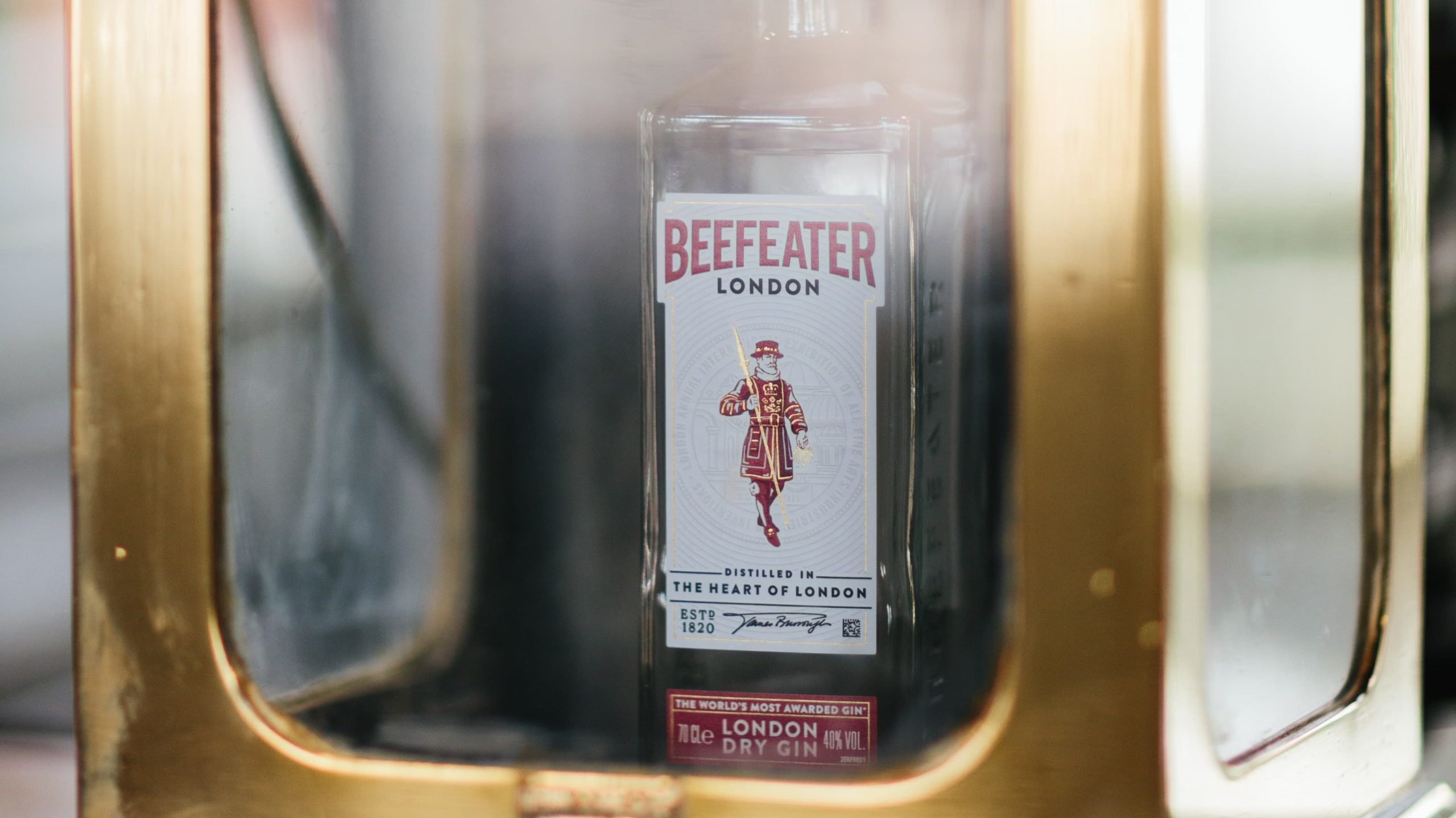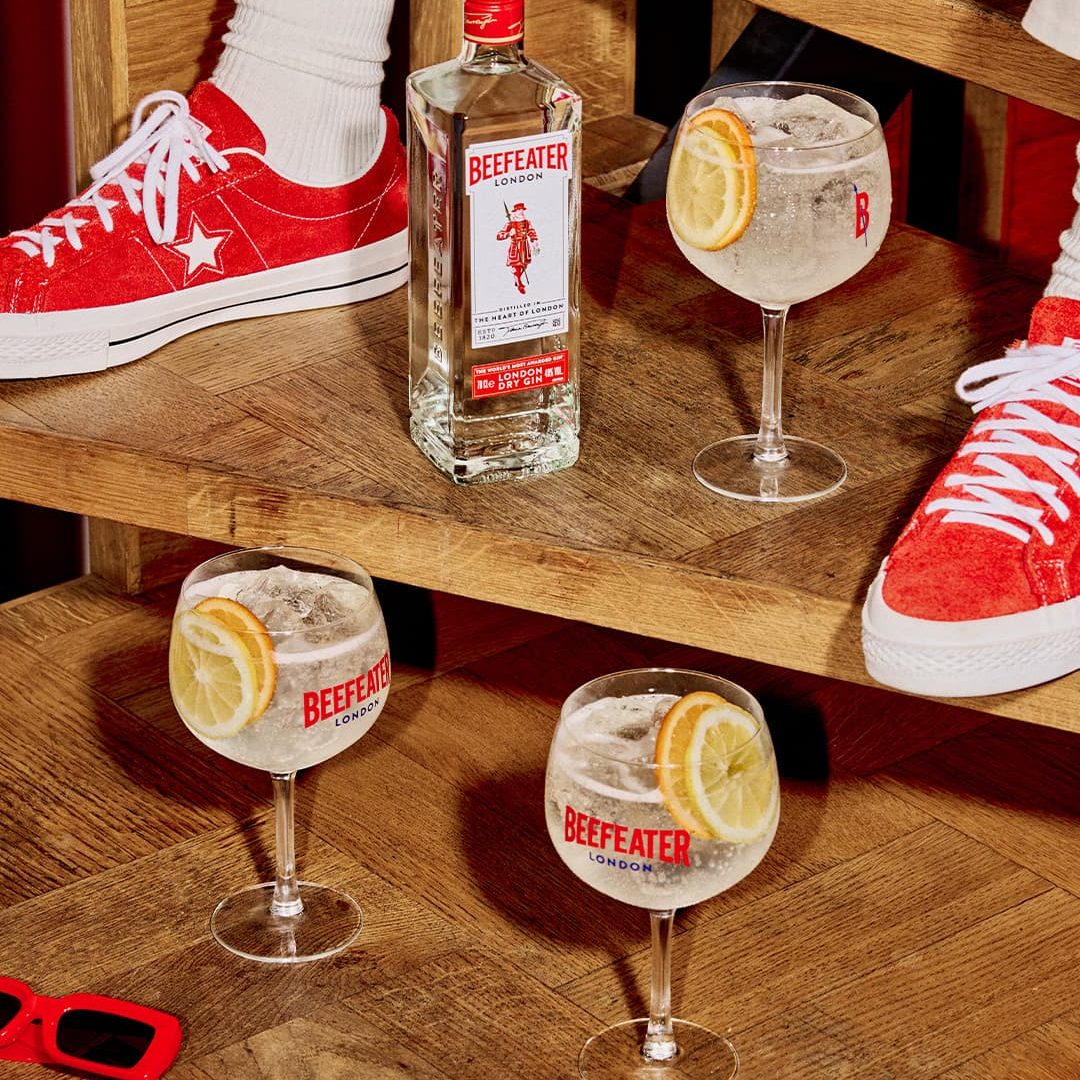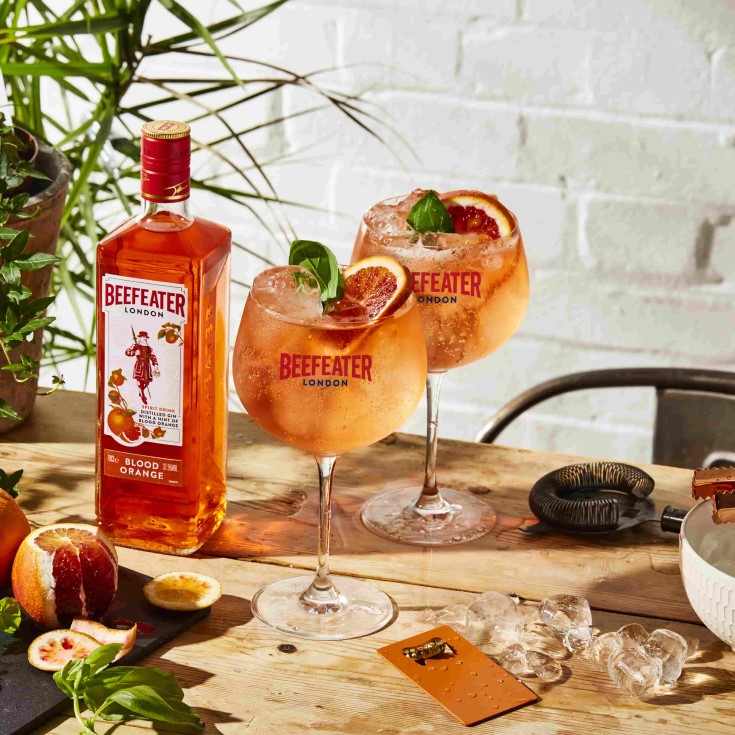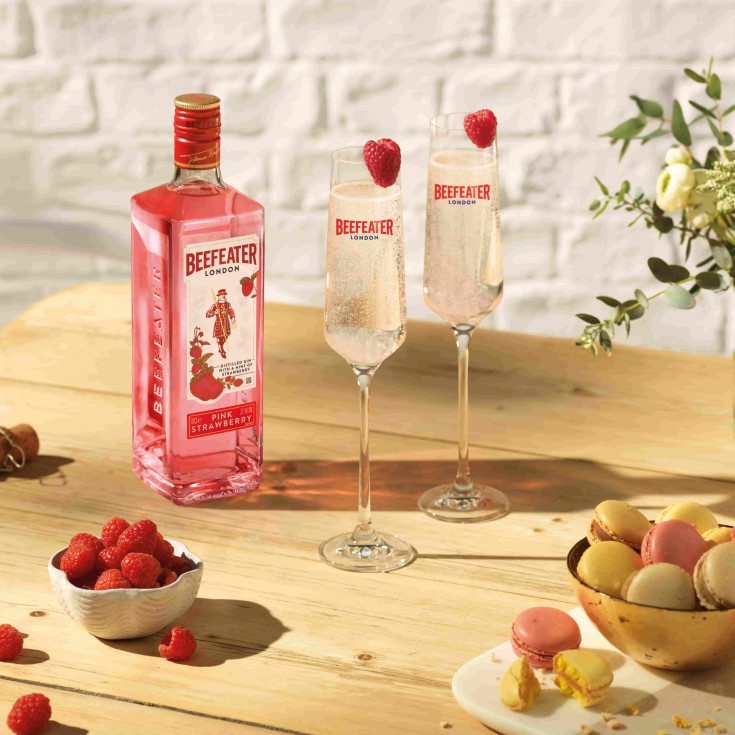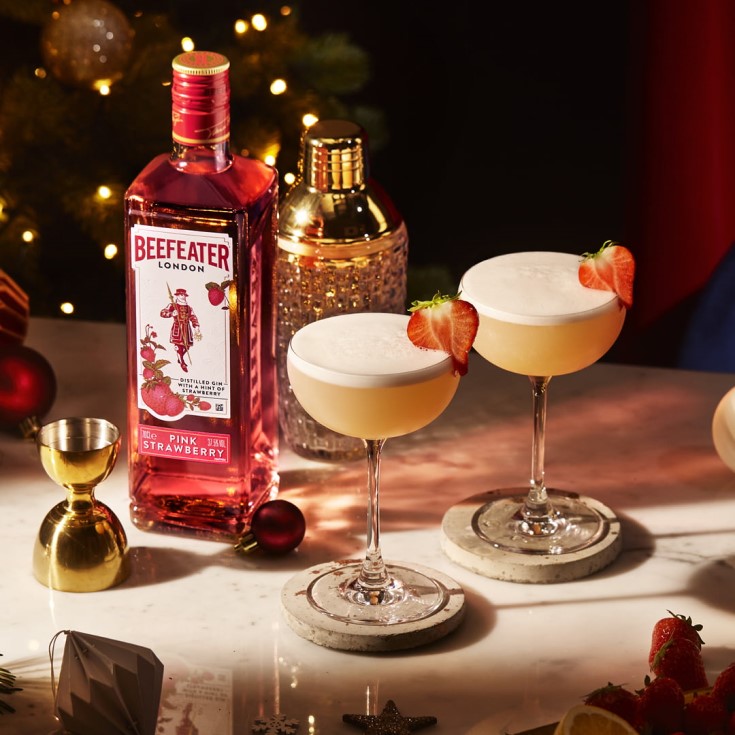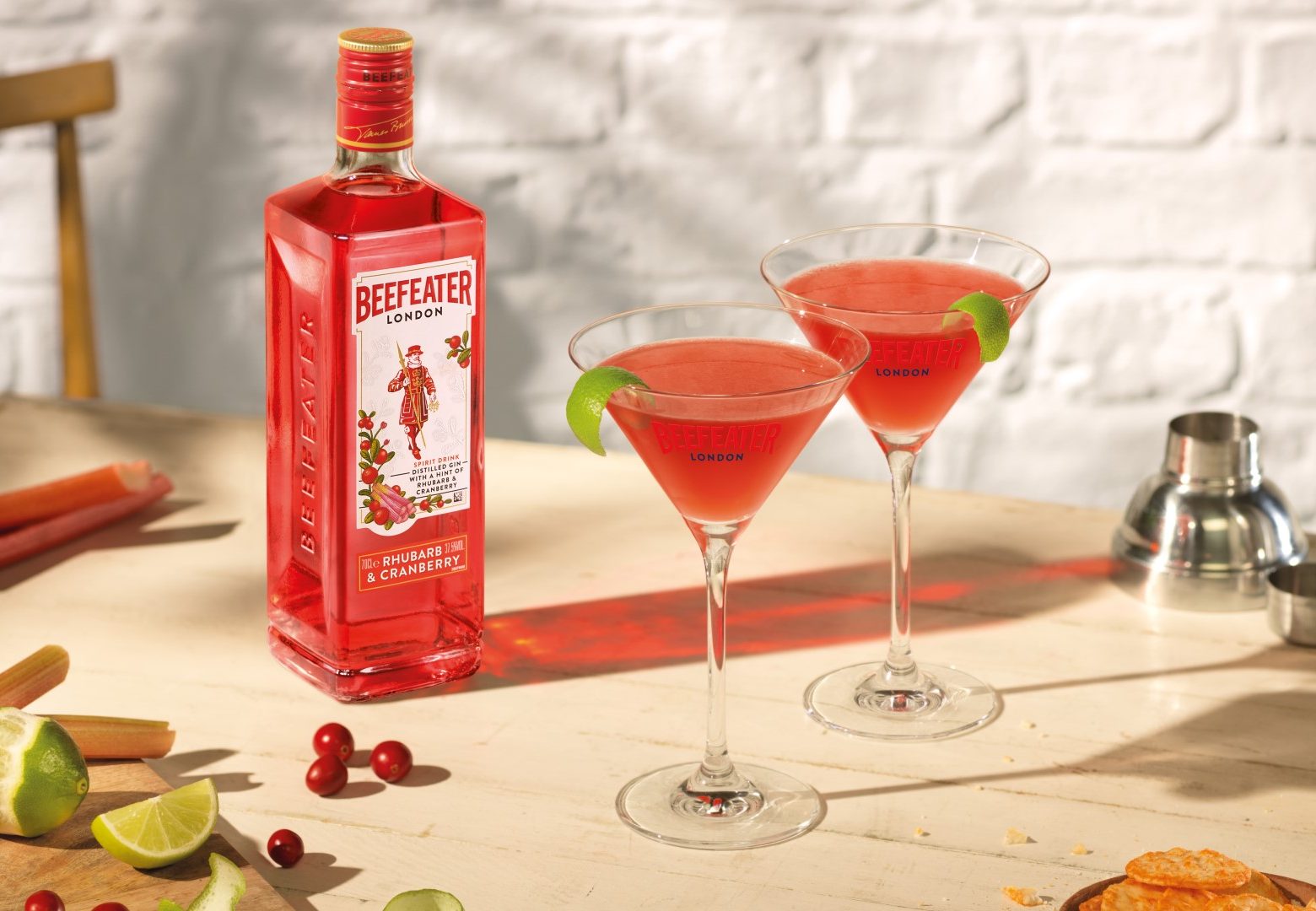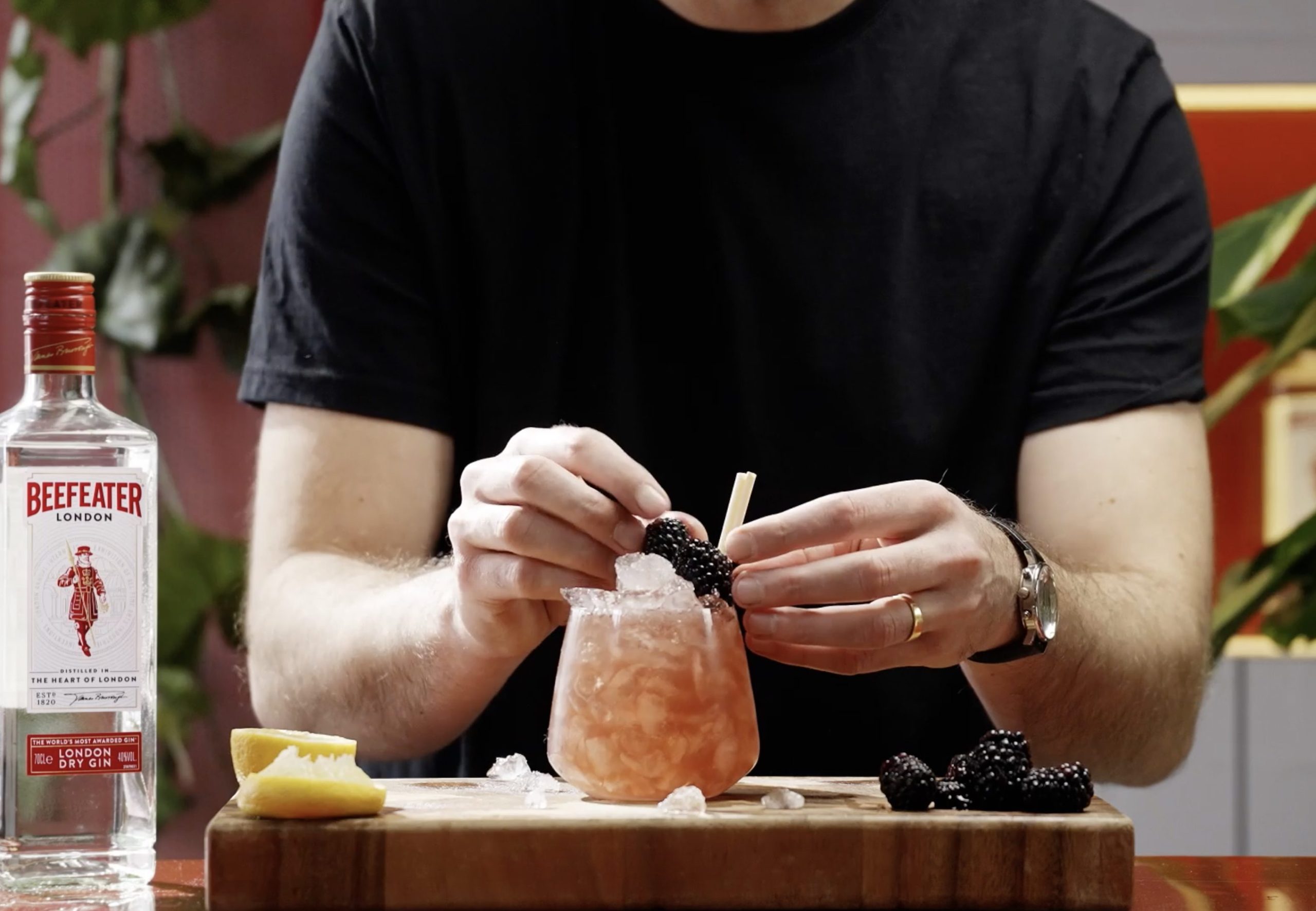WHERE DOES GIN ORIGINATE FROM?
The beginnings of one of the world’s most popular spirits date back to the Middle Ages. Humankind had long known about the healing properties of juniper. The Romans burned juniper branches for purification, for instance, and plague doctors apparently stuffed their masks with juniper berries to protect them from the Black Plague.
By the 11th century, Benedictine monks in southern Italy were using an alembic still to produce alcoholic tonics from wine infused with juniper berries. They didn’t consider their creation a beverage – it was a medicinal liquid – but it was the first example of alcohol infused with piney juniper.
However, gin as we know it today has its roots firmly planted in the Netherlands. Back in the 17th century, Dutch alchemists had worked out how to distil spirits cheaply from grain. Holland reaped good harvests and trade routes from Southeast Asia saw spices being brought back to Europe in huge quantities. Distillers crafted a juniper-flavoured spirit that they infused with botanicals, and they called it “jenever”.
World Gin Day is an annual ode to the juniper-flavoured spirit and brings people from around the world together to revel in its aromatic pleasures and rich history.
If you want to join in on the fun, this guide tells you when World Gin Day is, gives some great ideas for how to celebrate, and of course, shares some delicious gin cocktail recipes that will help add to the festivities.
